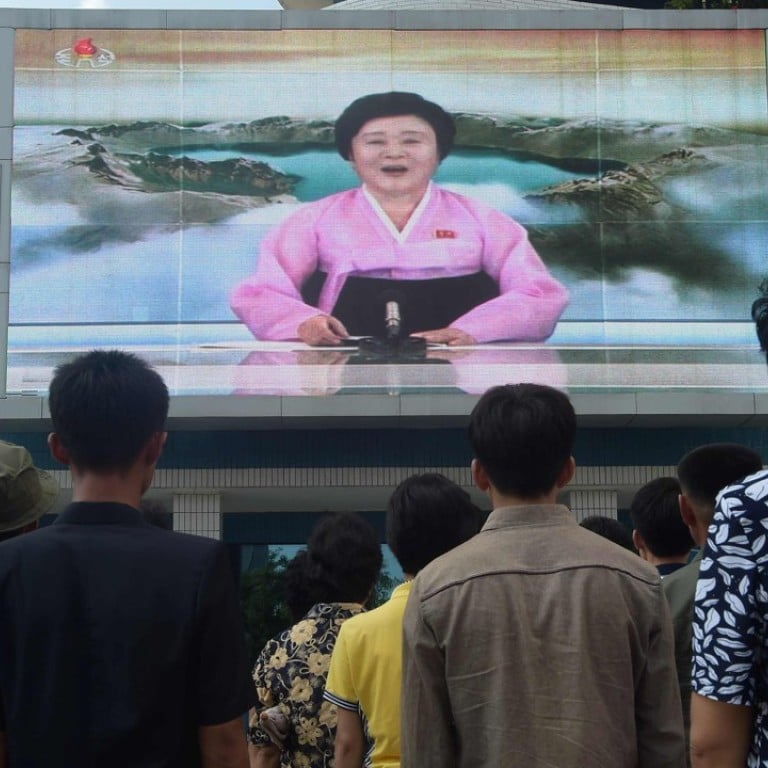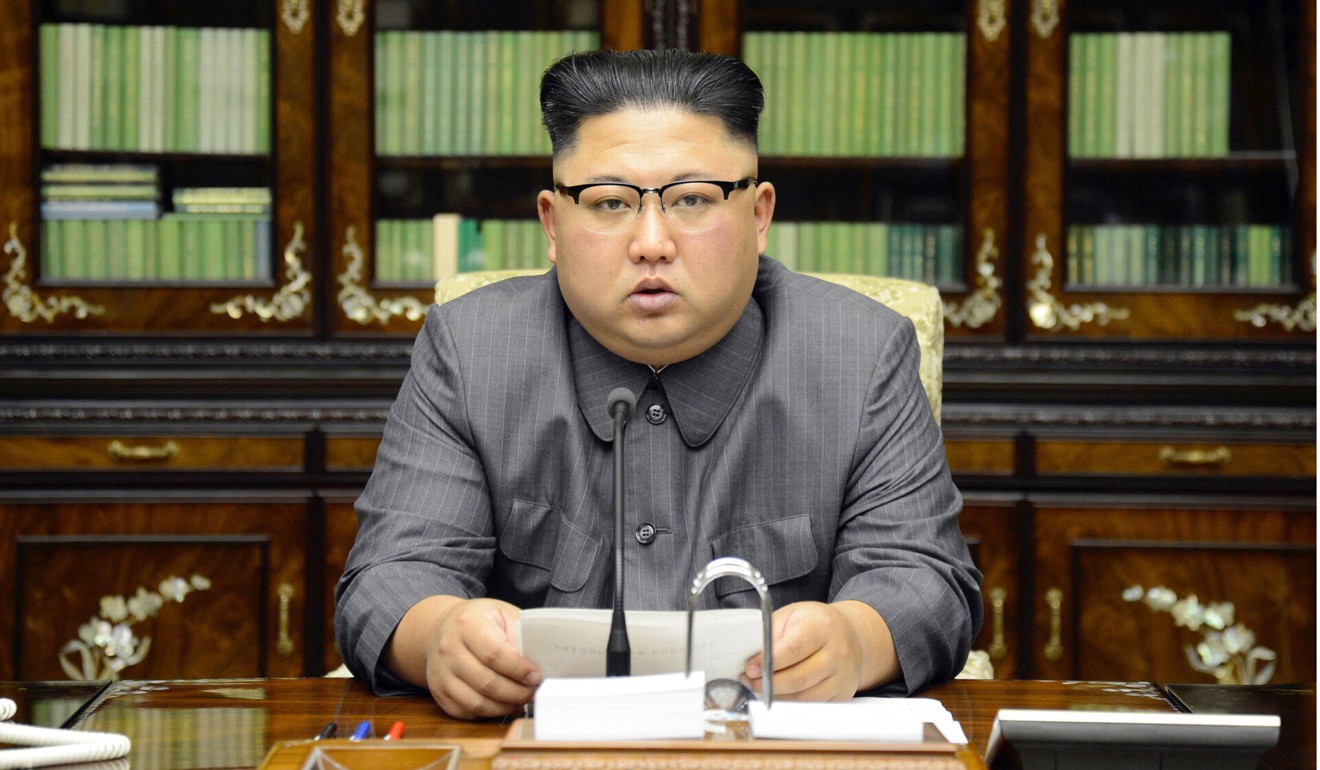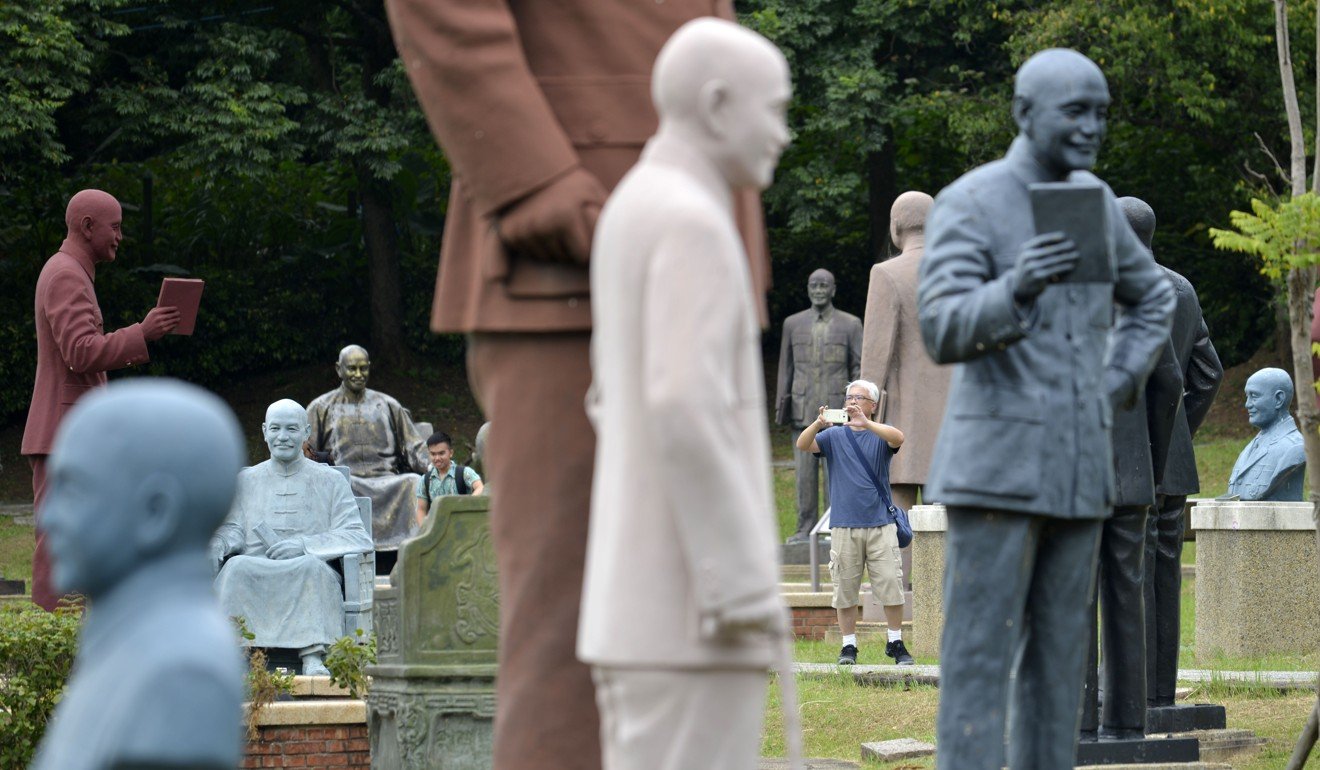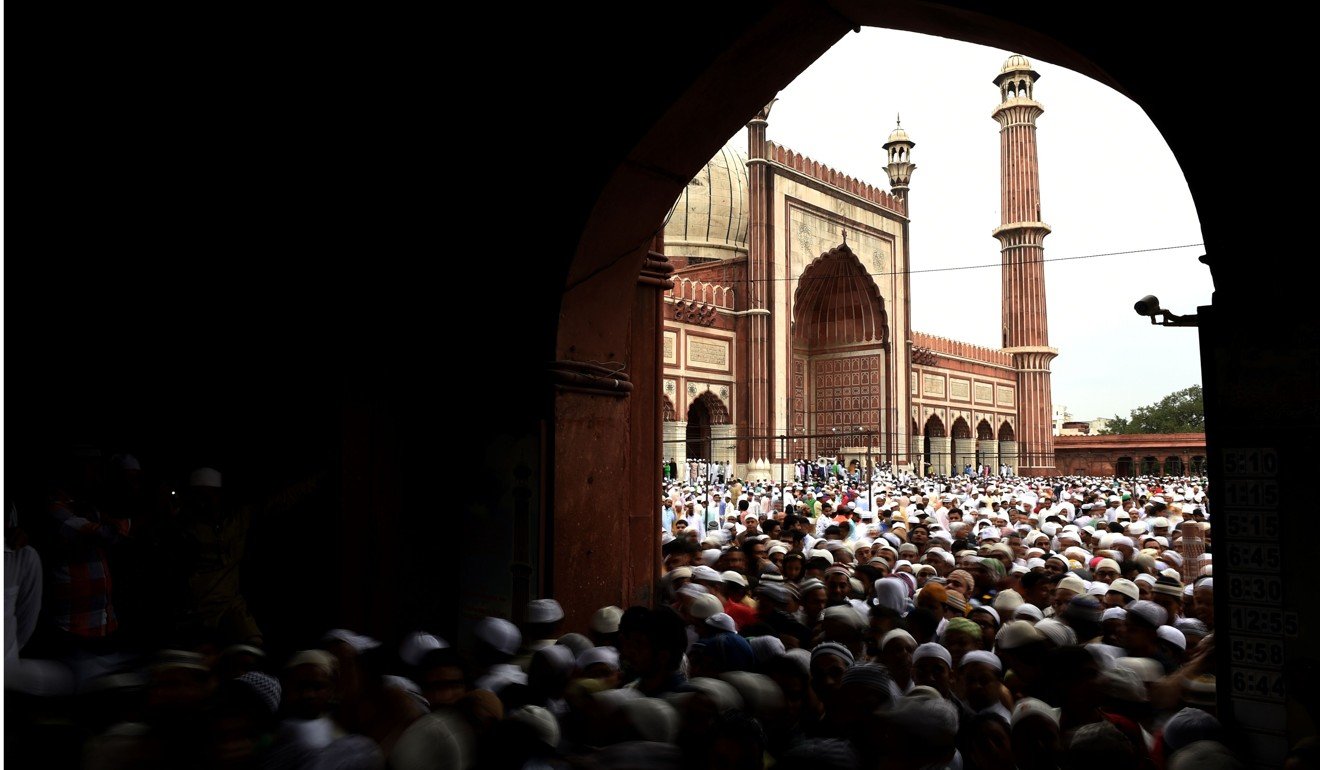
From Trump’s America to communist China, contempt for history is on the rise
Philip Bowring laments the wider trend of people in power wilfully ignoring or excising bits of history to suit their own purposes. The North Korean nuclear crisis is one consequence of such disregard for facts
Self-obsession, not national interests, is evident in Trump’s promoting of North Korea to the top of the international agenda because its nuclear and missile programme is on its way to threatening the mainland US.
Trump’s threats at UN to ‘totally destroy’ North Korea demonstrate little relationship with reality
Sound national policy starts from knowing your adversaries as well as your friends – their histories, motivations, interests and objectives. History explains very readily why almost all Iranians, including the secularist foes of the clerical regime, applaud its nuclear programme, following a century of Western and Russian intervention in its affairs, and the Western-backed Iraqi invasion by America’s former friend Saddam Hussein and possession of nukes by nearby Israel and Pakistan.

Kim Jong-un brands Trump a ‘mentally deranged dotard’ in rare direct response to UN speech
That is as important to Tehran as China’s history of humiliation by the West and Japan is to Beijing.
North Korea remembers its cities being flattened by US air power and, for decades, has been only too well aware of its weakness compared with a prosperous South protected by a US military which, under General Douglas MacArthur in 1951, had come close to defying president Harry Truman in attempting to defeat the North (and China and the Soviets) to unify the peninsula. (The details of this confrontation are told in the recently published The General vs The President: MacArthur and Truman at the Brink of Nuclear War by H. W. Brands). There are more than a few people, including in South Korea, who may loathe the Kim family regime but admire Pyongyang’s refusal to give in to US and now Chinese pressure to abandon a missile and nuclear programme that has been remarkably successful.
How fake news and alternative facts signal a paradigm shift in global quantum reality
Lee was a hero to the (white) majority in the southern states. The cause may have been ignoble but it is history, just as Lenin and Mao statues are part of Russian and Chinese history, whatever the subsequent regimes. Pulling down objectionable statues during violent revolutions may be inevitable, but not afterwards. The answer to Lee is not to pull the statues down but memorialise the confederacy’s opponents. Britain has plenty of statues of King Charles I, as well as of Oliver Cromwell, who had him executed. China must keep Mao but also have statues to Chiang Kai-shek and Lin Biao, to name but two.

Excising history is also planned in the Indian state of Maharashtra, whose principal city is the financial capital, Mumbai. Officials there want to remove from the books the era of the Muslim Mughal domination of much of India, which gave it some of its national treasures, such as the Taj Mahal and Delhi’s Jama Masjid. Until it was itself ousted by the British, the Hindu Maratha Confederacy, which gave its name to Maharashtra, was the principal opponent of the Mughals. After censoring its Mughal history, will India have to start pulling down Mughal-era buildings, then the British-built ones which add grandeur to the centres of Mumbai, Delhi and Calcutta?

East Asia has yet to see similar attempts to wipe out colonial history. Singapore has kept almost all its colonial street and building names; Malaysia and Indonesia a few. However, Malay-dominated Malaysia is reluctant to give space in its history to its pre-Muslim, Hindu past.
Official Chinese refusal to acknowledge history is no less dangerous than Trump’s contempt for facts
Will they include, for example, the history of China’s failed invasion of Java? Or accept that what Indonesia calls the North Natuna Sea has been indisputably Indonesian since its archipelagic waters were accepted by the 1982 UN Convention on the Law of the Sea, of which China is a signatory?
Philip Bowring is a Hong Kong-based journalist and commentator


